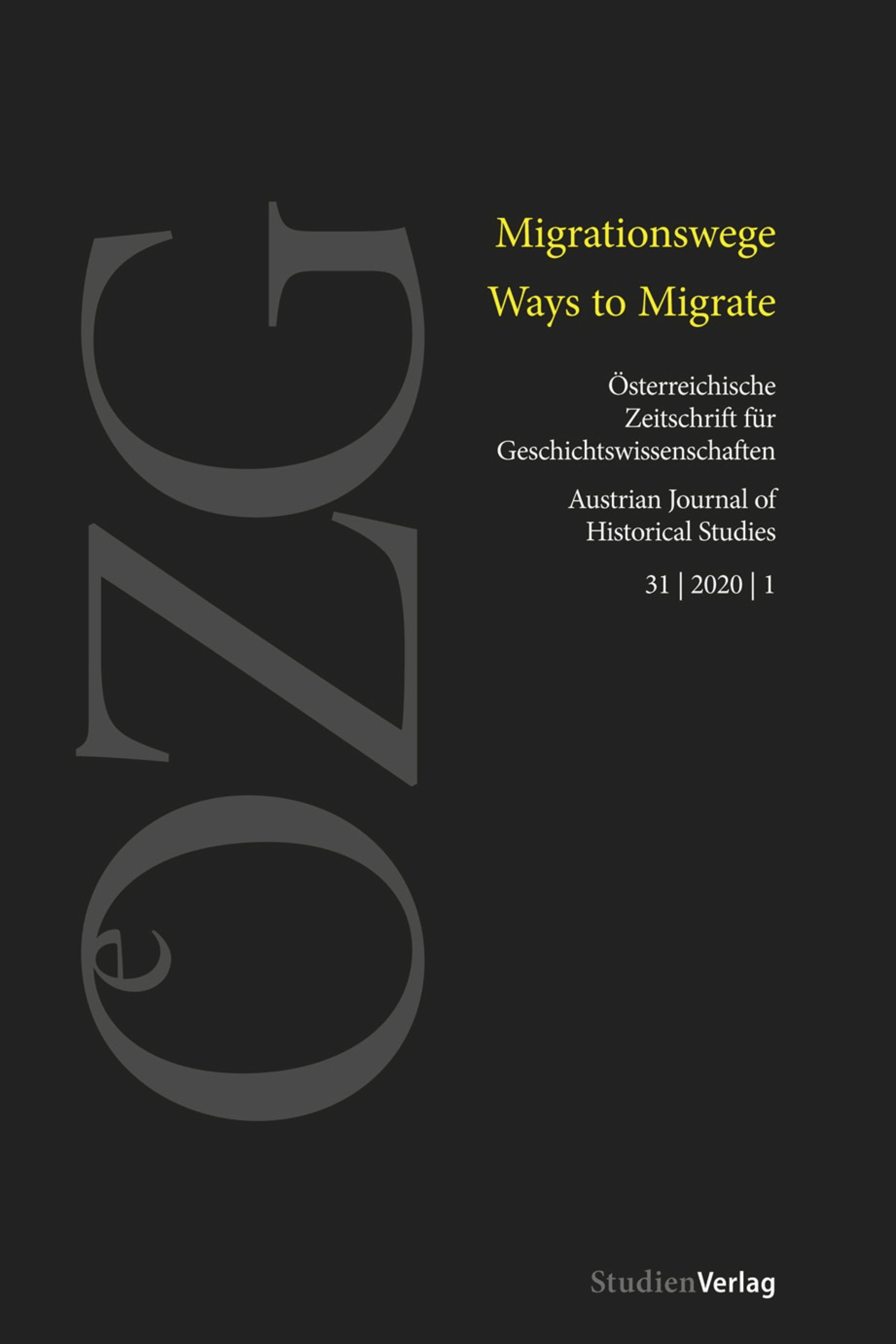On the Role of the Transfer of Things and Services for Social Ties in Exile
The Example of the Austrian Exile Esther of Starhemberg in the 17th Century
DOI:
https://doi.org/10.25365/oezg-2020-31-1-2Keywords:
social ties, material culture, materiality, migration, nobility, things, goods, exile, family network, Counter-Reformation, Habsburg Monarchy, early modern periodAbstract
This article investigates the migration of the Austrian aristocrat Esther von Starhemberg to the city of Regensburg in the time of the Counter-Reformation in the Habsburg Monarchy. The main source of this case study is Countess Starhemberg’s voluminous correspondence with her family. The article examines the socio-spatial ties of Esther von Starhemberg in her transregional social space, which included the new place of residence, her region of origin and her friends and relatives. The focus is placed on social practices related to the transfer of everyday things, luxury goods, servants and services and their impact on social ties.
Downloads
Published
How to Cite
Issue
Section
License
Copyright (c) 2020 Josef Löffler

This work is licensed under a Creative Commons Attribution 4.0 International License.


